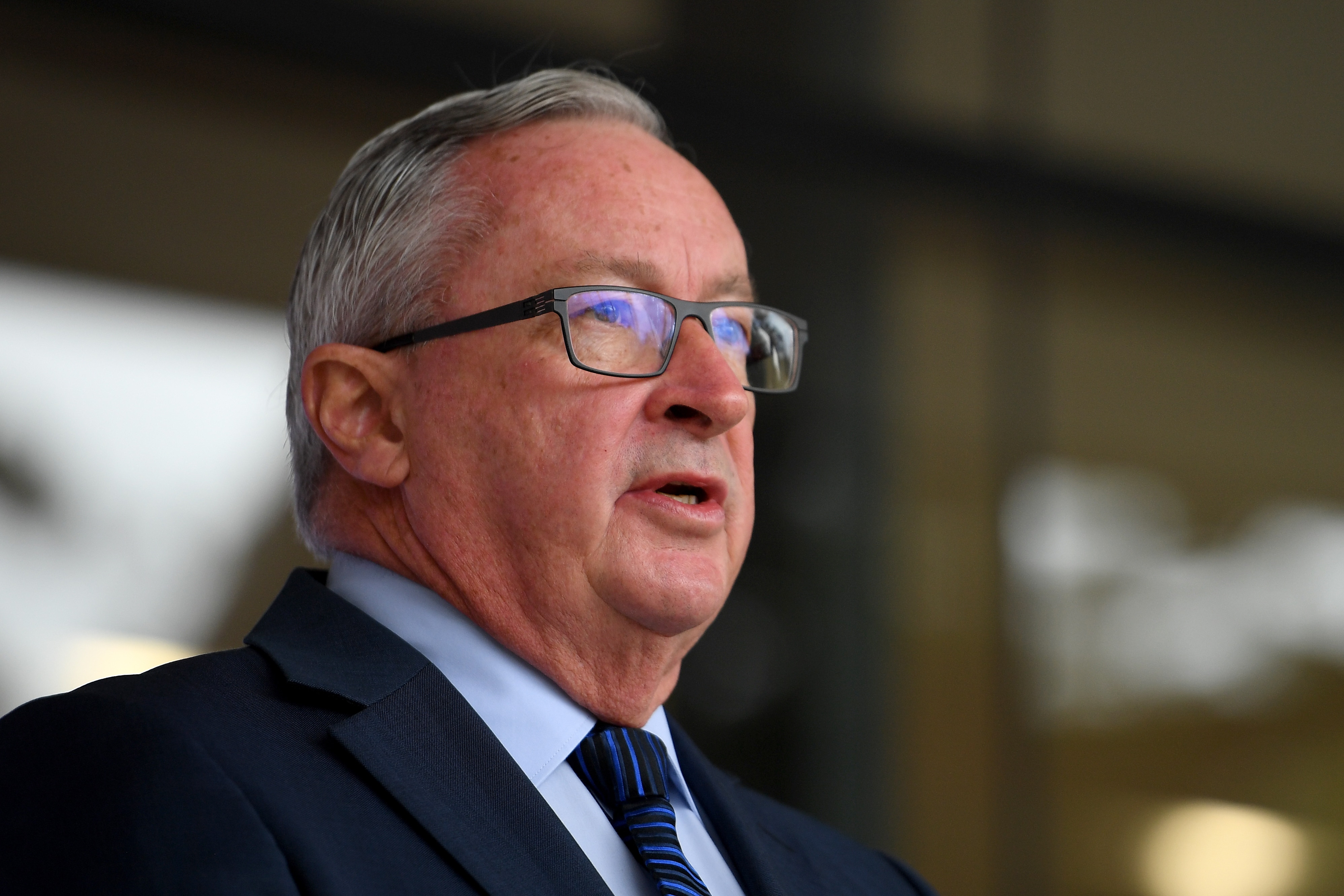Health authorities in Sydney suburbs with high migrant populations are boosting their efforts to inform residents of COVID-19 updates amid the city’s latest outbreak.
There are now 16 confirmed cases of COVID-19 linked to the Berala cluster in western Sydney, as well as a “likely” additional case. The suburb of Berala is highly multicultural, with 2016 Census figures indicating nearly 80 per cent of residents speaking a language other than English at home.
But language barriers and misinformation have meant health advice often isn’t getting through to residents in these more culturally diverse ares of Sydney, prompting calls for multicultural leaders to reach out to their communities.
Africa Health Australia Chair Dr Vincent Ogu said the key issue is getting messaging out to residents by working with community leaders.
“Often the community doesn’t necessarily get their messages entirely from television and radio, and it’s important to tap into community networks,” he told SBS News.
“The important thing here is to work with the community leaders to ensure that the people are informed, the people realise they need to get tested, and that they need to wear the mask.”
Western Sydney nurse Augustine Okerafor agreed working with community leaders is crucial in managing misinformation surrounding the virus.
“I believe supporting leaders of different communities will go a long way in helping the government disseminate information about COVID-19 and the precautions,” he said.
Dr Ogu said a key message authorities are working to emphasise is that people need to volunteer themselves for testing, even if they’re not showing symptoms.
“Increasingly people are beginning to appreciate that there is need to err on the side of caution, to take a proactive preventative approach,” he said.
“It’s very important for the government to realise that there should be community champions pushing this messaging out.”
Advocates are focusing efforts on updating their communities about mask rules and gathering limits.
Dr Olayide Ogunsiji, Lecturer at the School of Nursing and Midwifery at Western Sydney University, said “changes” to government messaging makes it more difficult for communities to understand the rules.
“Messages keep changing all the time – you can wear the mask, you cannot wear it inside, you can have five people inside, or tomorrow it’s 10 people,” she said.
“Not having access to consistent messaging brings confusion, brings the tendency for people to guess, or just to pick whatever thing they think.”
This is particularly challenging for some migrant and refugee communities that may not have fluent or proficient English, she added.
“By the time they’re getting somebody to interpret or even make them to see the need for a particular message, another one comes up – it becomes confusing. Many people don’t want to come out, it becomes isolating.”
It comes as NSW Health Minister Brad Hazzard urged multicultural community leaders to ensure the message was getting through.
“What I would ask is that community leaders step forward and make sure your particular community hears the message. You know best how to reach out to each of these community,” he said in a health update on Tuesday.
Mr Hazzard also emphasised that the COVID-19 test was free, in response to a rumour he said had been circulating in multicultural communities.
“Get tested, it’s free. We’re here to back you when you back the community,” he said.
“There’s advice going to the local community radio stations in individual languages from the multicultural community. There’s also written advice, social media going out in a number of different languages.”
People in Australia must stay at least 1.5 metres away from others. Check your jurisdiction’s restrictions on gathering limits.
If you are experiencing cold or flu symptoms, stay home and arrange a test by calling your doctor or contact the Coronavirus Health Information Hotline on 1800 020 080. News and information is available in 63 languages at sbs.com.au/coronavirus.
Please check the relevant guidelines for your state or territory: NSW, Victoria, Queensland, Western Australia, South Australia, Northern Territory, ACT, Tasmania.







